
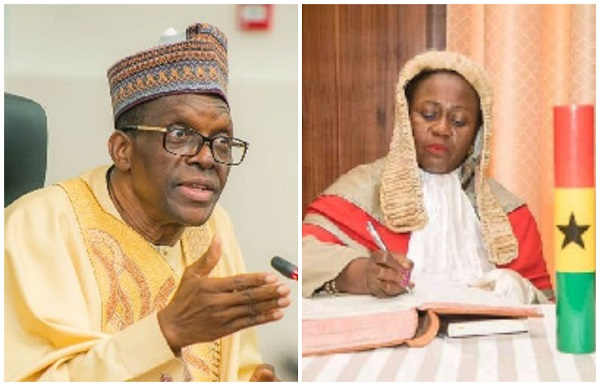
A new road traffic Legislative Instrument (L.I.) has sparked controversy by excluding the Speaker of Parliament and the Chief Justice from a list of high-ranking public officials authorised to install sirens in their vehicles and use motorcades.
This exclusion was brought to the forefront by former Minority Leader Haruna Iddrisu during a recent parliamentary session.
Iddrisu expressed his frustration, stating, “Without personalising it, it is not Alban Sumana Bagbin. It is the Speaker of Ghana’s Parliament and he is not entitled to a motorcade or a police siren. In my view Mr Speaker, it is wrong for the number three to be out of this privilege.”
He further questioned the rationale behind the exclusion of the Chief Justice, noting, “Mr Speaker, you can keep a minister and member of parliament but this republic has four important personalities; the president, the vice president, the speaker, and the chief justice.”
The new L.I. follows a previous withdrawal of a proposal to extend similar privileges to Members of Parliament (MPs) after significant public backlash. Majority Leader Alexander Afenyo-Markin expressed concern that the exclusion could impede MPs in their work. “Politicians are always in a rush to save their heads when there is a crisis, but sometimes we can have a collective fall. We know the challenges we face coming from home and going to our constituencies,” he remarked.

Afenyo-Markin also defended the necessity of such privileges, arguing against the notion that MPs should not benefit from them. “We belittle ourselves. You are a politician and you cannot take public bashing and go and explain to the public? Even you have MPs criticising Article 71 benefits that they have benefitted from and we hear them on radio and they continue to benefit? We have to take our democracy a little more seriously.”
In response to the debate, Speaker Alban Bagbin emphasised the importance of leadership and accountability within a democracy. He urged MPs to stand firm and assert their roles, underscoring the crucial responsibilities that come with their positions. The discussion continues as lawmakers and public officials grapple with the implications of the new regulation and its impact on governance and public perception.
Read Full Story
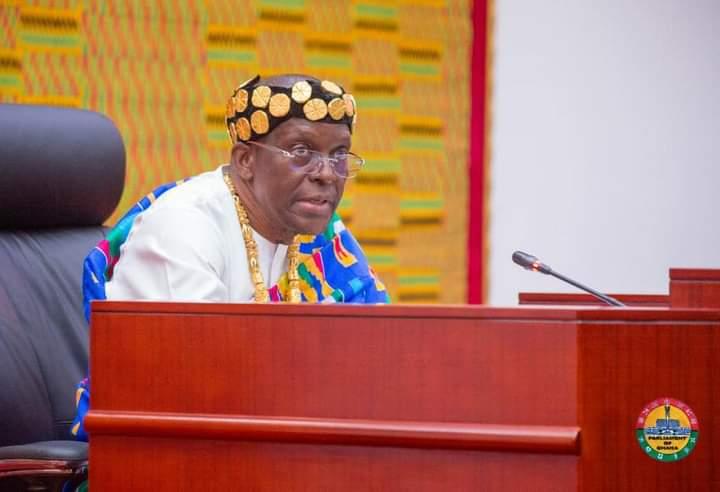
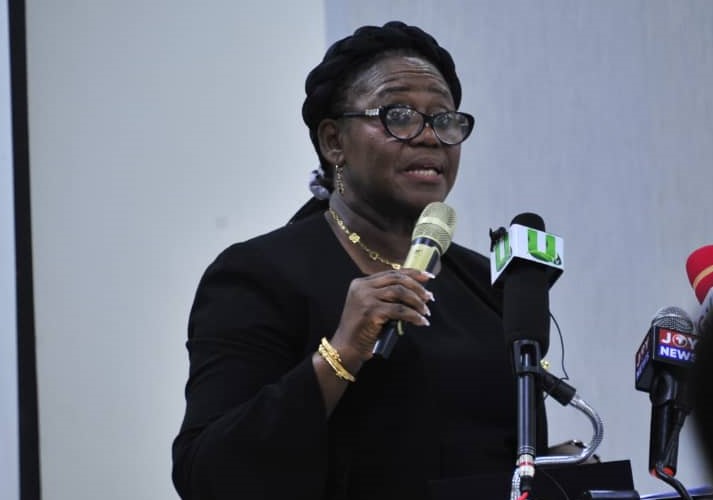
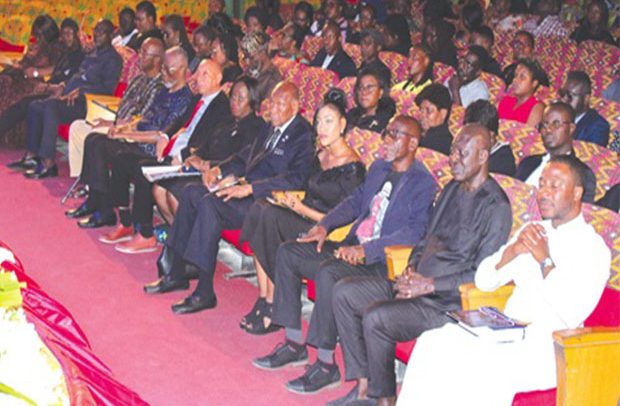
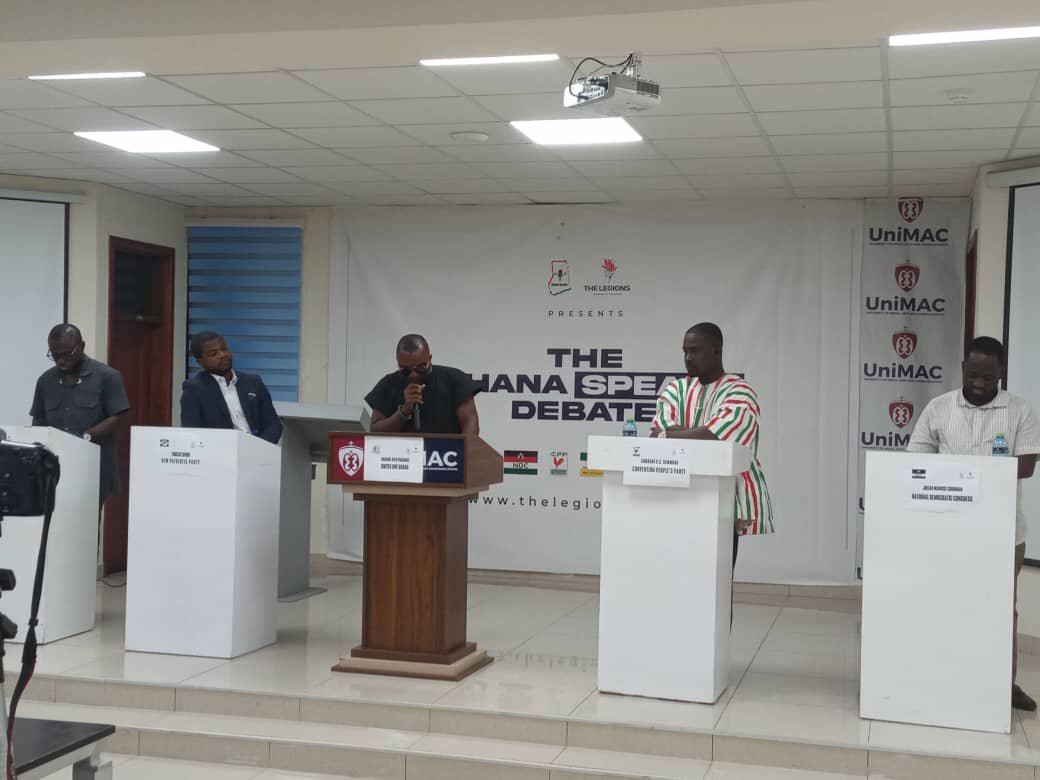

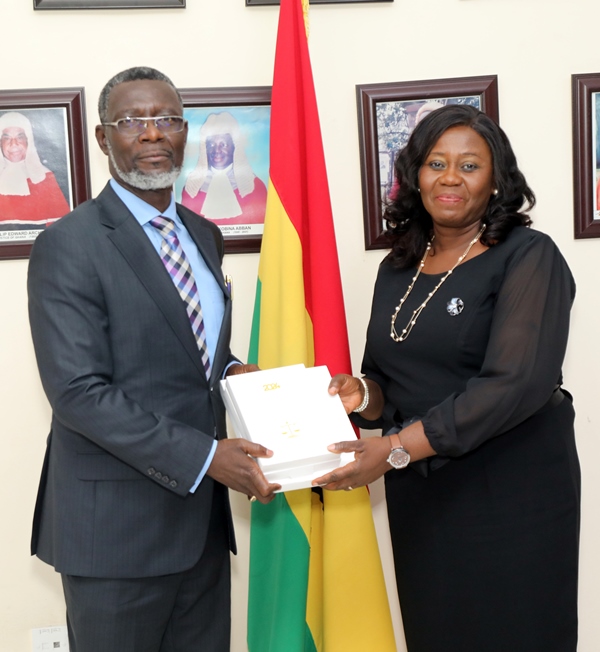
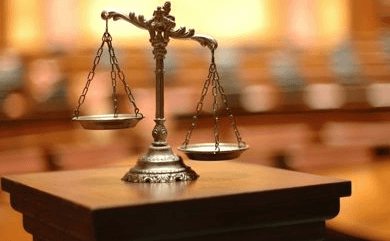


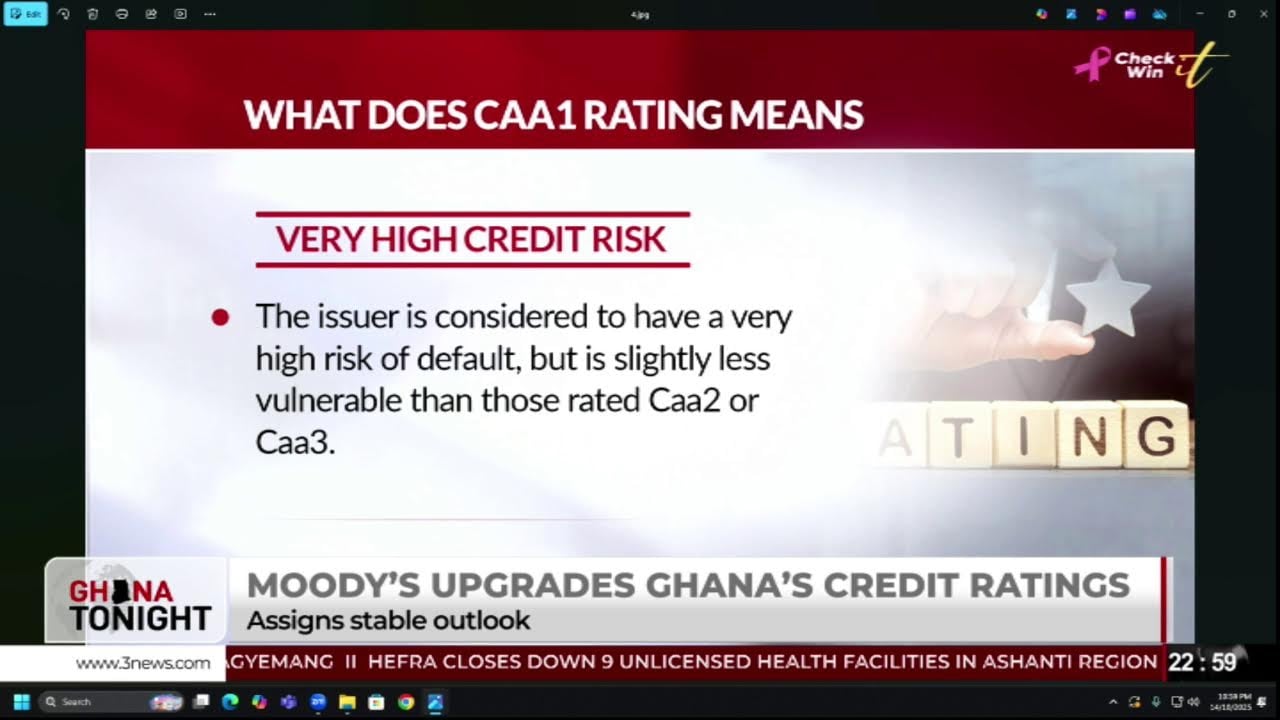
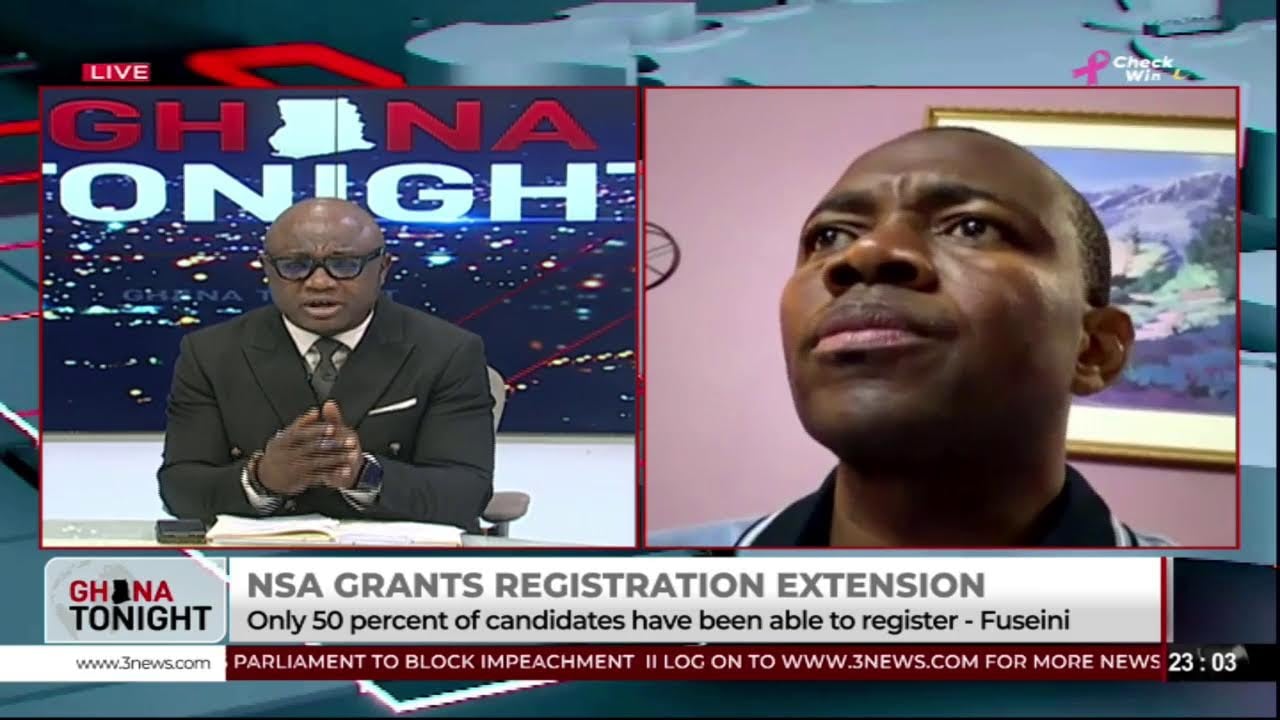



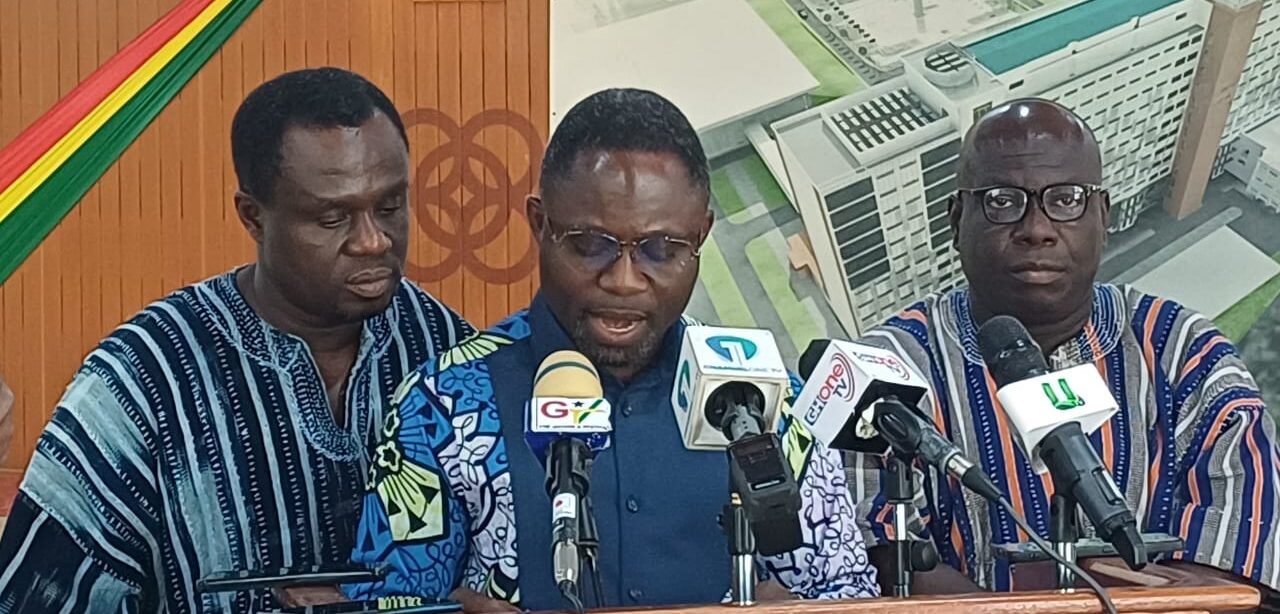

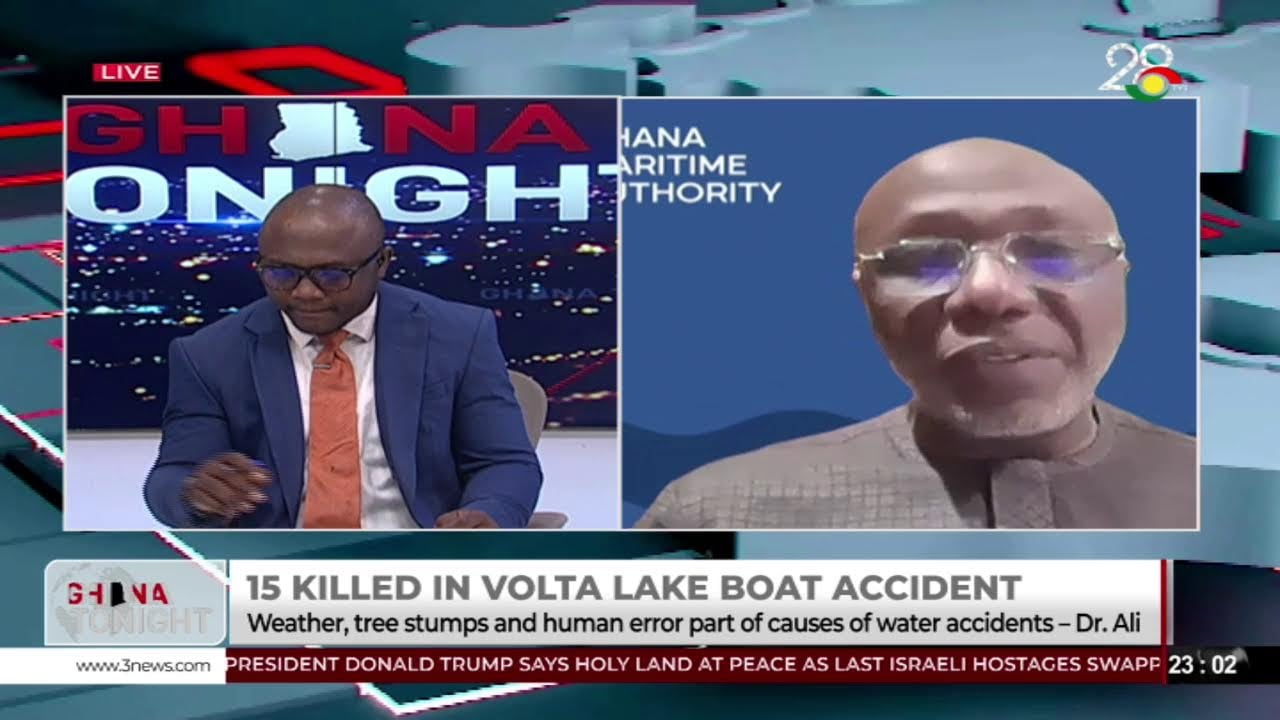






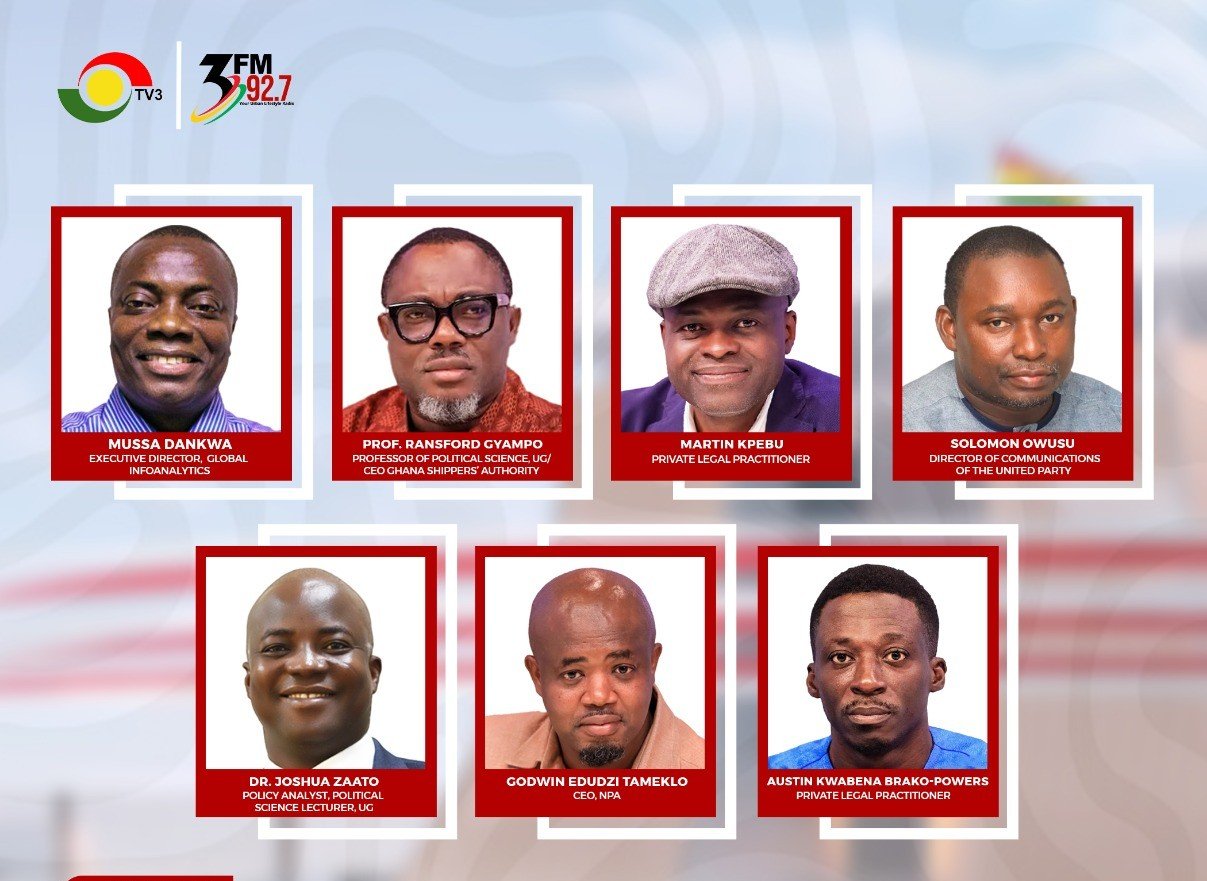
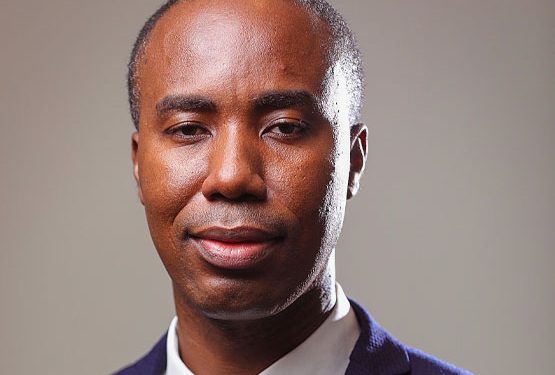
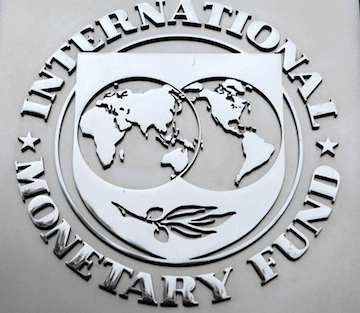



Facebook
Twitter
Pinterest
Instagram
Google+
YouTube
LinkedIn
RSS